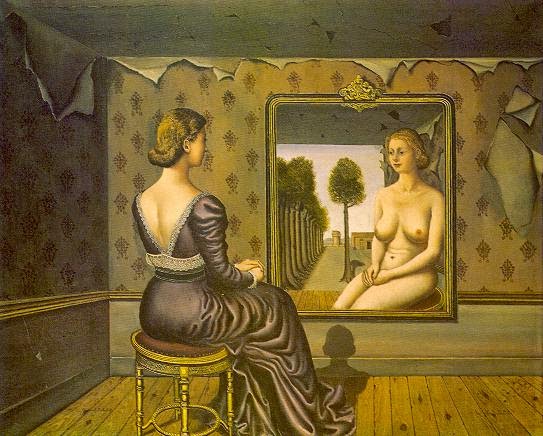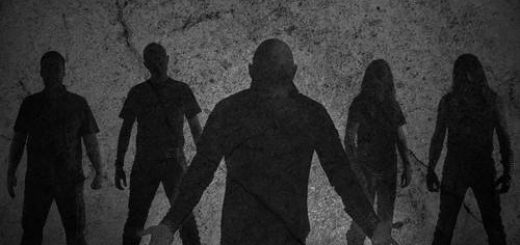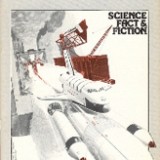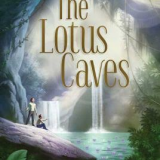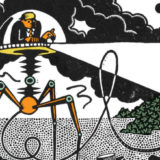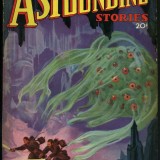A different woman
‘What was all this about skeletons? She talks so fast I can’t understand her half the time.’
This was the natural moment to tell Henry about it – lightly, for their joint amusement. The excuse she had given to Heather seemed very lame in retrospect; there was no reason why telling Henry of so trivial a thing should affect his studying the Frohnberg caves. It would be as the other incidents in the past had been: she would describe it, with casual humour, and they would both laugh. It would be one more reinforcement of the ease and intimacy that made up their married life. Of course she must tell Henry.
But the effort to frame a casual description was self-destructive. The words would not come naturally, and the thought of expressing them in a clumsy or stilted manner was terrifying. She was suddenly aware that the solid ground of their mutual understanding, so taken for granted, could be made to crack.
Striving to keep her voice calm and flat, she said: ‘Only that Albrecht showed me the family vaults. All the bones were scattered during the occupation. Skulls and crossbones lying all over the floor.’
‘Hasn’t he had them sorted out and put back?’
‘He said he’s leaving that till last.’
Henry said ruminatively: ‘An odd cove.’
‘Yes. I suppose so.’
She had the impression she might be blushing and, although it was unlikely that it would show in the moonlight, she turned her face away from Henry. There was reason enough, she felt, both for the blushing and the turning away. Somehow, in a few hours, she had become a different woman – and the kind that, in the past, she had tolerantly despised. First in confiding in Heather, and then in not confiding in Henry; the importance of the change was magnified rather than depreciated by the smallness of the incident.
